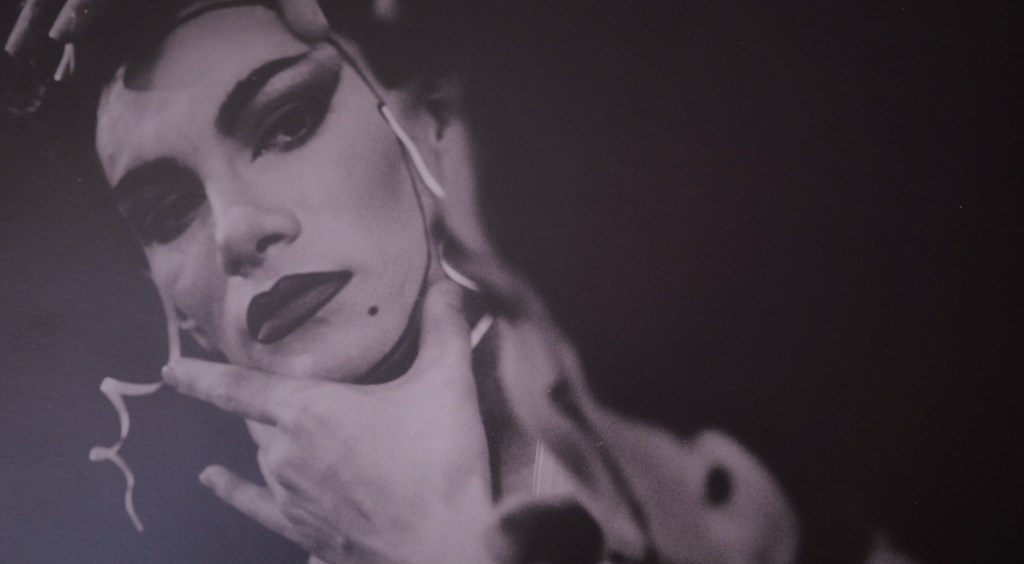
Ancient Greek and Roman tragedies have been used to explore pressing issues for centuries. One has proven particularly prevalent in the last fifty years: queerness. Since 1969, the year of the Stonewall Riots in New York, queerness has often been embodied, assessed, exposed, subverted and enacted through performances of ancient tragedy. Tragedy’s ritual aspects, its Dionysian disturbance of normativity, and its political questioning or the gender liminality of some characters have helped many within the global LGBTQI+ community to explore what it means to not conform to, or not embody, the strict rules of heteronormativity. Ancient tragedy has steadily grown since 1969 as a platform to understand queer identity, desire and community and to establish spaces of resistance and activism.
Queer Tragedy, a research project funded and supported by the British Academy, is an international performance history of LGBTQI+ stage versions of Graeco-Roman tragedy from 1969 to 2019. That is, a cultural history about how LGBTQI+ people on and off stage, in and out of a play, explore, exhibit and vindicate queer desire, politics, identity and existence at different stages in history and at geographical locations as diverse as Mexico, Poland, Italy, Argentina and the US. The project, whose principal researcher is Dr Oliver Baldwin, now counts over 50 performances, many of which you can find under the ‘Performances’ section in this website. You can also find videos and references of the papers and talks given by Dr Oliver Baldwin in the ‘Talks’ section. There is also a section on this website under ‘Tragedy Queered’ dedicated to the international conference on queer receptions of Greek and Roman tragedy. This website is under constant construction, so come back for more!
Photo by Gilda Salinas (photographer and playwright)

